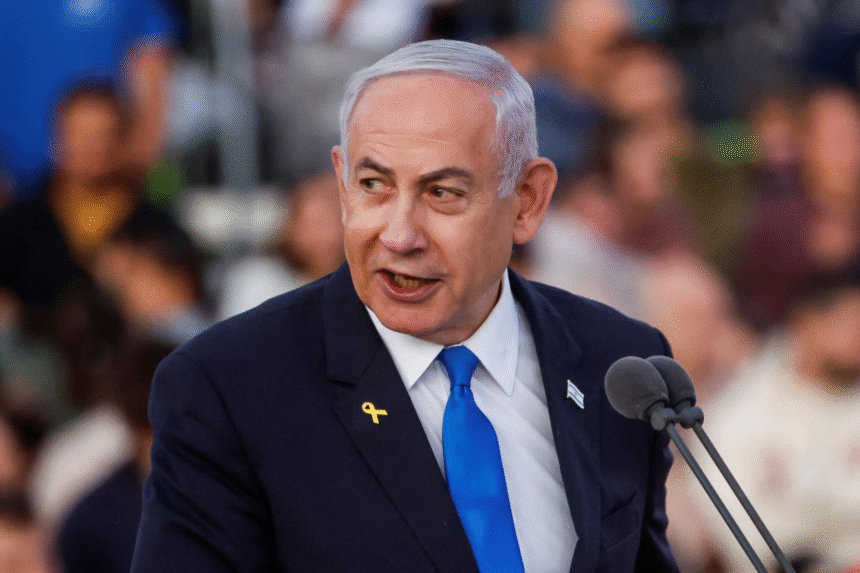Israeli Prime Minister Benjamin Netanyahu’s recent airstrike targeting Hamas leaders in Qatar appears to have failed, creating diplomatic fallout and raising questions about the ongoing war in Gaza.
Mission Aimed at “Total Victory”
Netanyahu ordered the strike hoping to eliminate senior Hamas leaders in exile and achieve a symbolic “total victory” after nearly two years of conflict in Gaza.
However, Hamas claims all senior leaders survived, and the operation has provoked anger from Qatar, a key U.S. ally and mediator, as well as criticism across the Arab world.
Diplomatic Fallout
The strike has:
- Strained relations with Qatar and disrupted its role as a mediator.
- Complicated ceasefire efforts, potentially jeopardizing 20 hostages still in Gaza.
- Created tensions with the Trump administration, although the U.S. has not indicated punitive action.
Sheikh Mohammed bin Abdulrahman Al Thani of Qatar said ceasefire talks are now uncertain and accused Israel of abandoning the hostages.
Limited Military Impact
Only five low-level Hamas members and a Qatari security guard were killed. Experts note the airstrike does not significantly weaken Hamas’ leadership, while Netanyahu continues his expanded offensive in Gaza City, urging evacuations for nearly 1 million residents.
Netanyahu’s Political Position
Despite setbacks, Netanyahu’s hard-line coalition remains firmly behind him, leaving his political survival largely unaffected by public opposition or international criticism. Analysts say his short-term stability depends on coalition support rather than public opinion.
Humanitarian Concerns
Families of hostages, including Einav Zangauker, express fear and despair, questioning the timing and consequences of Israel’s aggressive tactics.
“Why does the prime minister insist on blowing up every chance for a deal?” Zangauker asked, on the verge of tears.







